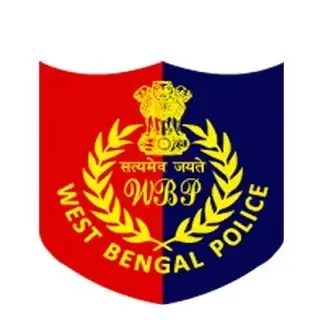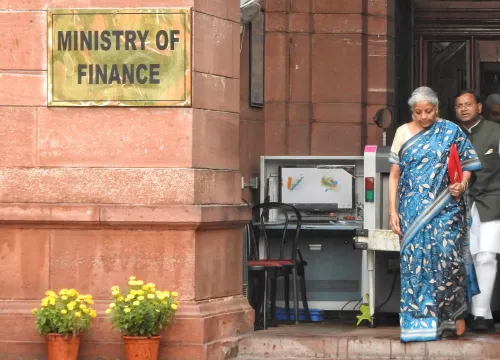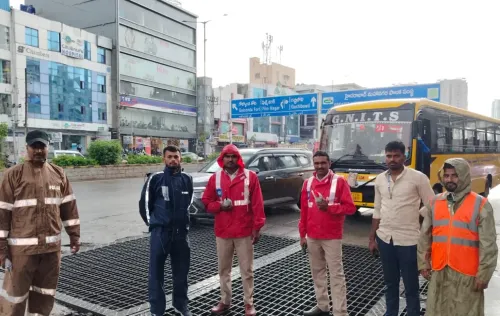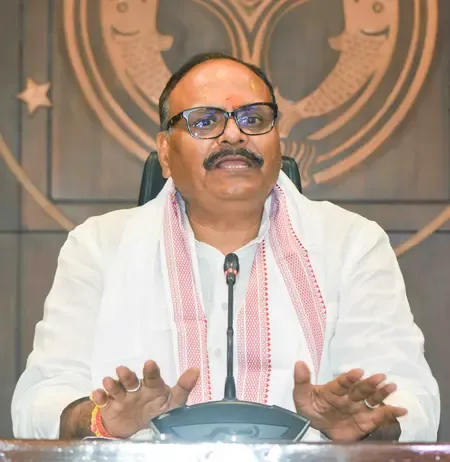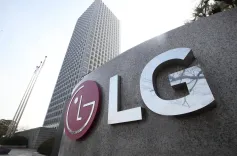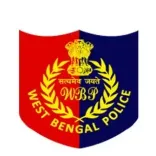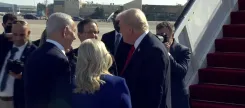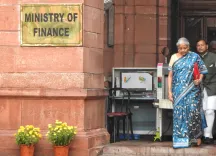India and Italy Cultivating Future Vision Through Economic and Digital Corridors, States Italian Ambassador
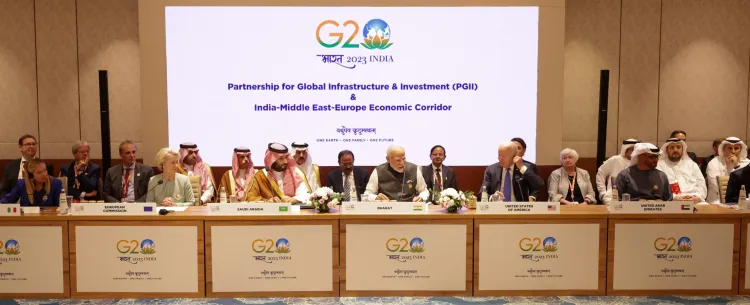
New Delhi, Dec 13 (NationPress) India and Italy are making strides to bolster their partnership in maritime and land infrastructure as part of the ambitious India-Middle East-Europe Economic Corridor (IMEEC). They have also reached an agreement to collaborate in the maritime and port sector.
In an exclusive conversation with IANS, Italian Ambassador to India, Antonio Bartoli, expressed optimism that efforts on the transformative IMEEC project would persist, even amid the ongoing geopolitical challenges in the eastern Mediterranean.
"It is an honor to represent a vision for the future, deeply rooted in history. Rome and India have engaged in trade for centuries. For instance, black pepper was sought by the King of the Visigoths as ransom, highlighting its value as a prized commodity imported from India. This historical route is being revitalized today. The corridor will traverse the Middle East, a region currently facing turmoil, as evidenced by the situation in Syria," Bartoli remarked.
The seasoned diplomat described the corridor as a vision for the future, believing that a shared perspective on prosperity could foster stability and peace in conflict-ridden areas.
"Italy is, has been, and will continue to be the natural endpoint of this corridor, particularly with ports like Trieste serving as gateways to Europe, especially Central and Eastern Europe. We are also developing a ports collaboration agreement with India that could prove to be a game-changer in the future," he noted.
During the G20 Leaders' Summit in New Delhi in September 2023, leaders from India, the European Union, France, Germany, Italy, Saudi Arabia, the UAE, and the US signed an MOU to collaboratively develop a new India-Middle East-Europe Economic Corridor (IMEC), which will consist of two distinct corridors: the eastern corridor connecting India to the Gulf and the northern corridor linking the Gulf to Europe.
"This corridor will establish reliable, cost-effective cross-border ship-to-rail transit networks to complement existing maritime routes. It aims to enhance efficiency, reduce costs, secure regional supply chains, improve trade access, boost economic cooperation, create jobs, and decrease greenhouse gas emissions, facilitating a transformative integration of Asia, Europe, and the Middle East (West Asia)," stated the Ministry of External Affairs (MEA) at the time.
Involving multiple stakeholders, the completion of the IMEC corridor will ultimately unite Asia, Europe, and the Middle East.
"We are two peninsulas, each significant in our own right. While you are a giant, we too are projecting into our respective seas, making us export-oriented nations interested in connectivity and stability. The Indo-Pacific is your basin, and the Mediterranean is ours. These two basins are interconnected in the Indo-Mediterranean area, which represents 70% of global trade in goods and services and 60% of foreign direct investments. This is no coincidence that we engage with one another," the Italian Ambassador stated.
"Moreover, when I refer to IMEC, it encompasses not just railways and ships but also a digital corridor. Our Telecom Sparkle, an Italian enterprise, is completing the installation of a cable that will connect Mumbai with Geneva in Italy and Singapore. This represents a high-speed data highway, further enhancing connectivity. The reasons for this engagement are both ancient and rooted in our past while looking towards the future," he concluded.

